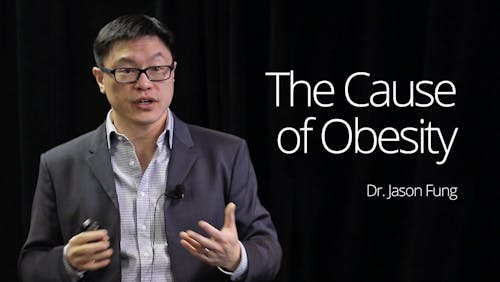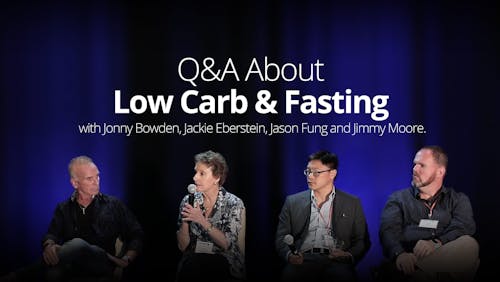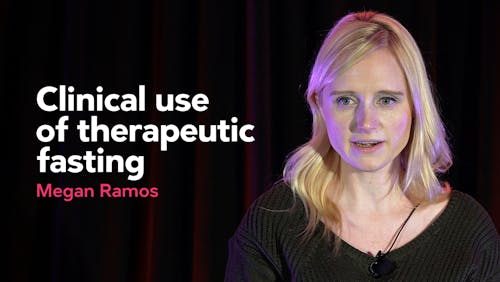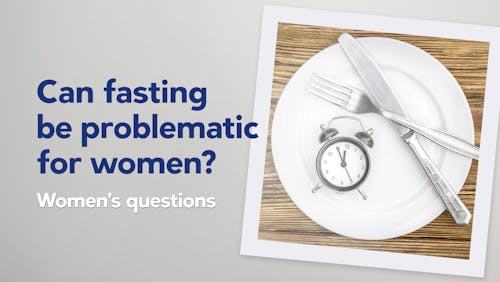Alternate-day fasting is safe and effective
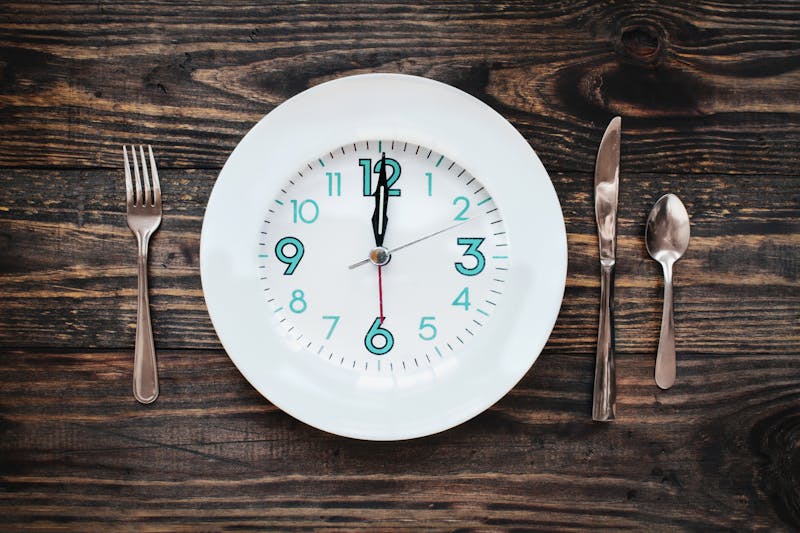
A recent study published in Cell Metabolism provides a somewhat meaningful addition to the literature on the safety and efficacy of fasting. Although the study has methodological concerns (too detailed and quite frankly too boring to address in this post) it still provides helpful information.
This was actually two studies wrapped into one paper.
The first study was an observational study of 30 subjects who had practiced alternate-day fasting for six months, compared to 60 healthy controls who did not fast.
The second study took the 60 controls and randomized them to either alternate-day fasting, or not, for four weeks. The results for this part of the experiment showed that alternate-day fasting led to fat loss with an improved fat-to-lean ratio, reduced blood pressure, and reduction in the overall cardiac risk score.
The observational trial results are much less interesting as they merely show an association and not a cause and effect relationship. However, it is encouraging to see that no significant negative effects were seen in this group despite six months of alternate-day fasting.
Where does this study stand in terms of our knowledge of fasting? Given the numerous methodological mistakes and inconsistencies, I wouldn’t rank it as a major contribution.
That being said, the main take away points are encouraging. Alternate-day fasting for six months is possible without negative effects, and four weeks of alternate-day fasting may lead to improved fat loss and reduced cardiac risk scores.
Is intermittent fasting right for you? You can learn more from our guide on intermittent fasting.
Thanks for reading,
Bret Scher, MD FACC
Earlier
NuSI study raises potential concerns about a keto diet
Study shows red and white meat increase large (but not small) LDL particles
Does LDL play an important role in peripheral nerve function?
Does elevated LDL have a role in early-onset Alzheimer’s disease?


